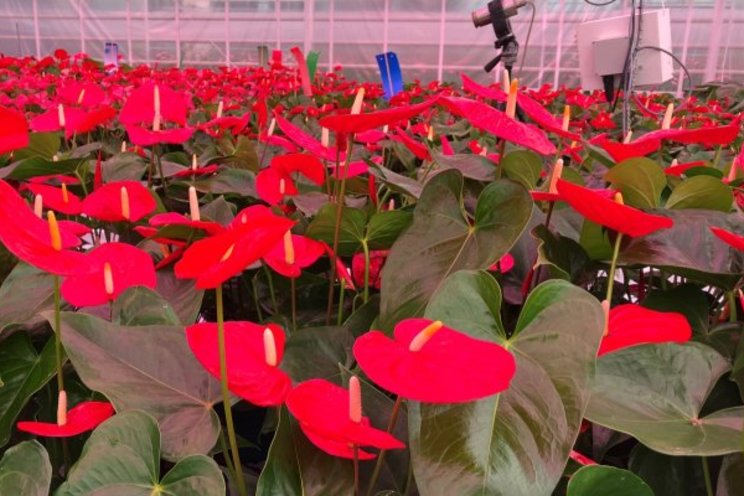Medical cannabis soothes cancer pain
Added on 05 May 2023

Background
Over 65% of terminally-ill cancer patients experience moderate to severe pain, for which up to 61.5% of doctors frequently ask their cancer patients to consider MC to manage pain and other cancer symptoms. About one-third of patients have adverse effects despite treatment with opioid analgesics, e.g., nabilone, nabiximols, and other medications, such as anti-convulsants and anti-inflammatories. Adverse effects of opioid treatment for cancer-related pain include nausea, vomiting, constipation, and in more severe cases, respiratory depression.
About the study
The Quebec Medical College in Canada established the QCR to prospectively and systematically collect data on the safety, efficacy, and overall use of MC products in real-world settings. QCR gathered data between May 2015 and October 2018, i.e., a period of over 3.5 years. General practitioners, specialists, and physicians referred cancer patients from all across the Quebec province who agreed to take MC within the QCR-specified research framework to enroll in this registry.
The study population comprised adults aged 18 years or more at enrolment who could provide consent and complete QCR questionnaires. All of them met the criteria of being first-time MC authorization candidates. In this study, the researchers monitored patient sociodemographics, pre-existing health conditions, cancer diagnosis, other medications, including drugs for recreational use, smoking status, and alcohol use at baseline, i.e., at the time of study initiation.
Image by jcomp on Freepik
More news















